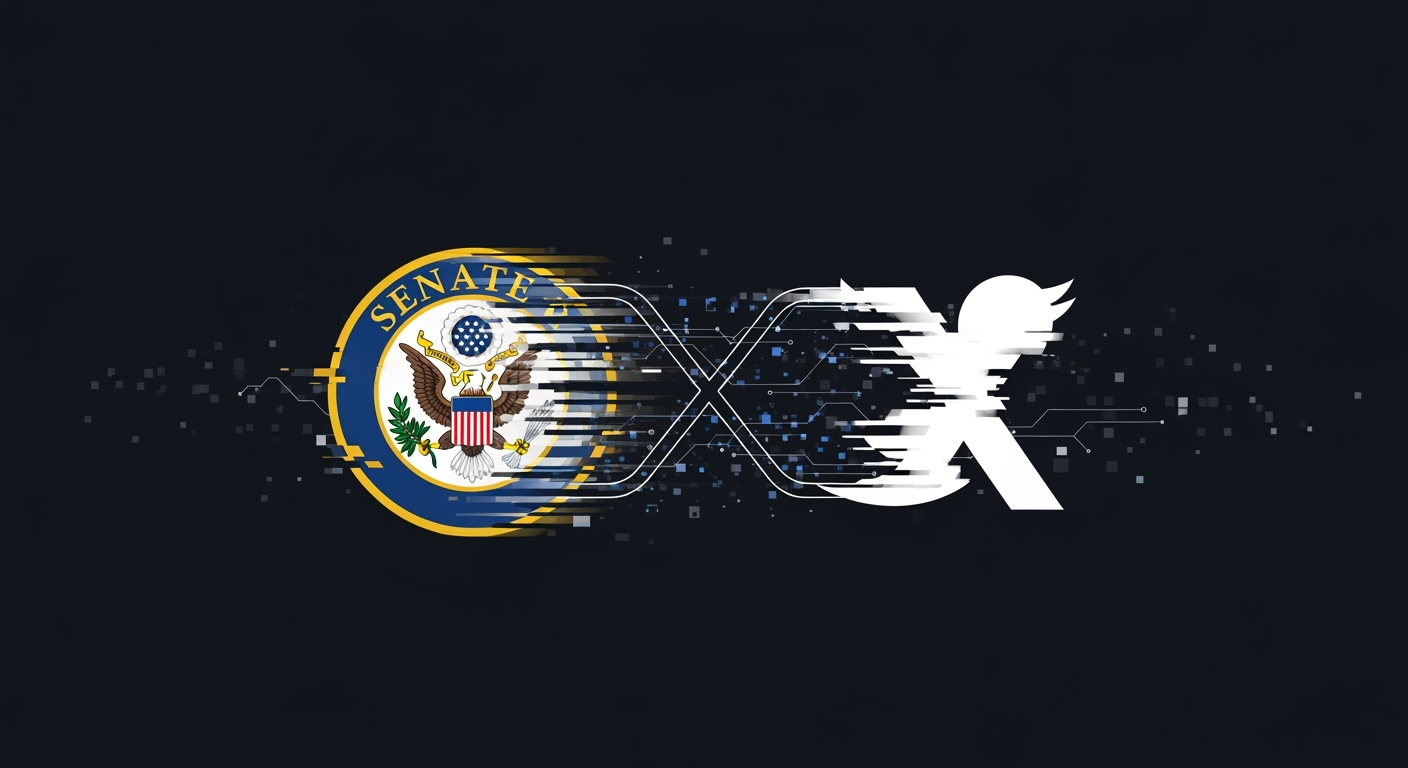Silicon Valley’s Tensions With AI Safety Advocates Intensify

Silicon Valley’s Tensions With AI Safety Advocates Intensify
Recent comments from prominent Silicon Valley leaders have ignited controversy in the AI community, revealing growing friction between tech giants and advocates focused on responsible AI development. This week, David Sacks, the White House’s AI & Crypto Advisor, and Jason Kwon, OpenAI’s Chief Strategy Officer, made headlines for their criticism of organizations promoting AI safety, suggesting that some groups may be motivated by self-interest or influenced by powerful backers.
Allegations and Industry Response
In separate statements, Sacks and Kwon questioned the intentions behind certain AI safety efforts. Sacks accused Anthropic—a leading AI lab known for supporting tighter AI regulations—of “fear-mongering” and pursuing a “regulatory capture strategy” that could stifle innovation and benefit large companies at the expense of startups. Kwon, meanwhile, justified OpenAI’s decision to issue subpoenas to several AI safety nonprofits after Elon Musk’s lawsuit against OpenAI, raising questions about transparency and potential coordination among critics.
These allegations have unsettled many nonprofit leaders in the AI safety space, with some requesting anonymity due to concerns about retaliation. Critics argue that such moves are attempts to silence dissent and discourage opposition to the rapid commercialization of AI.
Regulatory Backdrop
The dispute comes amid a wave of legislative activity in California. In 2024, rumors circulated that a proposed AI safety bill (SB 1047) would criminalize certain startup activities, though these claims were debunked by the Brookings Institution. Nonetheless, the bill was ultimately vetoed. More recently, Anthropic became the sole major AI company to endorse Senate Bill 53 (SB 53), a law requiring large AI companies to comply with safety reporting standards.
- SB 53 was signed into law in September 2025, despite lobbying from some in the tech industry for federal, rather than state, regulation.
- OpenAI’s internal divisions surfaced, with some researchers publicly questioning the company’s legal tactics against nonprofits.
Community and Public Concerns
The public’s apprehension about AI continues to grow. Recent studies indicate that nearly half of Americans are more worried than excited about AI, with job losses and deepfakes ranking higher among concerns than catastrophic risks. This disconnect between public sentiment and the focus of many AI safety organizations highlights a broader debate: should priority be given to immediate, tangible risks or long-term, existential threats?
Industry leaders, including Sriram Krishnan, the White House’s senior policy advisor for AI, have urged AI safety groups to engage more directly with everyday users and businesses to better understand real-world implications.
Looking Ahead: Balancing Growth and Responsibility
With significant investment flowing into AI and a rapidly evolving regulatory environment, Silicon Valley faces a delicate balancing act. Business leaders worry that excessive regulation could hamper America’s innovation engine. Meanwhile, the growing assertiveness of AI safety advocates suggests their influence is rising, even as they face pushback from the industry.
As 2026 approaches, the debate over how to responsibly govern AI is far from settled. The latest controversies may signal that safety advocates are making headway—but also that the road ahead will be fiercely contested.
References
- TechCrunch: Silicon Valley spooks the AI safety advocates
- Rumors around California's AI safety bill
- Brookings Institution: Misrepresentations of California’s AI safety bill
- David Sacks on X
- Anthropic endorses California’s AI safety bill SB 53
- Jason Kwon on X
- NBC News: OpenAI using subpoenas to silence nonprofits
- OpenAI and Anthropic researchers critique xAI
- Sriram Krishnan on X
- Pew Research: How people view AI
- Neuroscience News: AI harm, fear, and psychology





